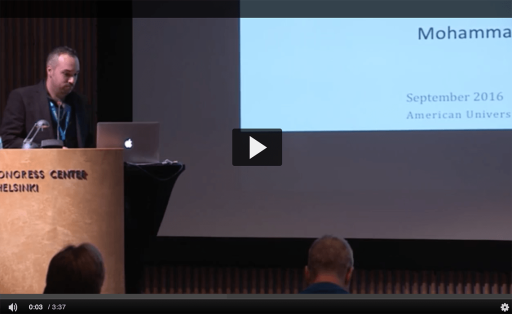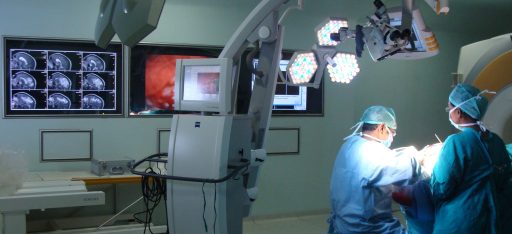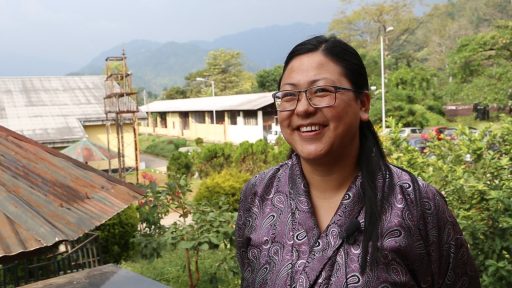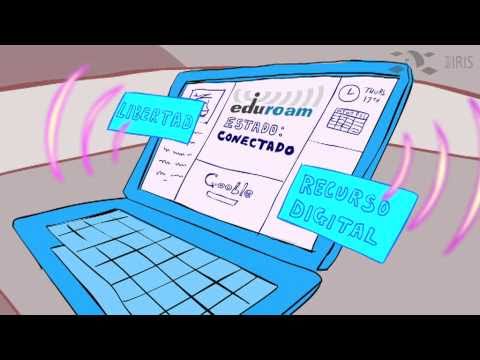When you build a national e-network connecting students and researchers, you usually start out by burying fibre, and buying and installing equipment. But what do you do, if none of that is possible? You focus on making a difference for your users, and that is exactly what the American University of Beirut has been doing.
Meet Emmanuel Togo, the mastermind behind delivering wireless connectivity to 40.000 students at the University of Ghana. Creating easy wireless connectivity for everybody on campus improves the quality of education, speeds up communication and makes it easier to access digital resources both on and off campus.
The Great East Japan Earthquake on March 11, 2011 caused significant damage to local hospitals in the disaster area, destroying medical information systems in the hospitals and losing patients’ important medical records. The losses prompted Japan’s university hospitals to jointly construct a new backup system that keeps their medical backup data in remotely located areas.
Instead of managing a vast amount of user names and passwords we want one digital identity, a “passport” reusing login information and giving us secure and easy access to all the services and resources we require to study, do research, and collaborate with colleagues across borders.
Computational neuroscience is gathering momentum in India, empowered by the Indian National Knowledge Network, connecting researchers and databases across the country. One of the promising initiatives is the Centre for Excellence in Epilepsy, investigating the complex changes associated with the development of drug-resistant epilepsy.
Regions all over the world establish new, dedicated connectivity for research and education, including Asia, where Bhutan and Cambodia now plug into the networks, choosing video conferencing and e-learning to drive local commitment and development.
Swedish information scientists collaborate with global pharmaceutical company and data mining experts to forecast technologies related to intelligent pharmaceuticals.
eduroam (education roaming) es el acceso en roaming seguro, a nivel mundial, desarrollado para la comunidad académica internacional, y parece imparable, expandiéndose hacia otros países y más allá de esta comunidad. Desde su aparición en Europa en el año 2003, eduroam ha ganado popularidad dentro de las instituciones académicas, encontrándose actualmente disponible en 76 países, expandiendo más allá de las instituciones académicas, llegando al ambiente público, comercial y a iniciativas de Wi-Fi en distintas ciudades.
eduroam (education roaming) is the secure, worldwide roaming access developed for the international research and education community. eduroam is now available in 76 countries worldwide and is expanding beyond campuses to public, commercial and city Wi-Fi initiatives.










